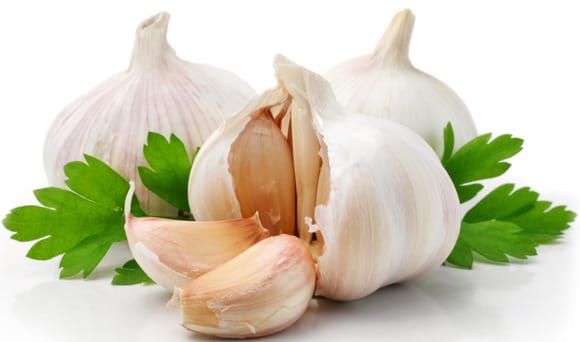30 best foods to help unclog arteries – and what to avoid. According to the World Health Organization, around 26% of deaths in 2015 were due to heart disease, also known as coronary artery disease. If you’re safe from poverty-related diseases, then your chances of suffering from heart issues will be even higher than this. Around 1 in 3 deaths in the United States are heart-related, claiming more lives than all forms of cancer combined. The most common cause of heart problems is the build-up of plaque on the inner walls of arteries that go to the heart.
Arteries are large blood vessels that connect the heart to the rest of the body and carry oxygen and nutrients to/from the heart and the rest of the body. They should be flexible and elastic to efficiently deliver blood, but age and plaque build-up can make them less elastic and harder. Plaque is made up of an accretion of blood, cholesterol fats and other substances that clog or even block the arteries to the point where less blood can flow through the heart and a heart attack ensues. Where the heart cannot deliver enough blood to the brain, a stroke can result in damaging parts of the brain.
A weak heart can cause or make worse any number of other symptoms which can be directly or indirectly life threatening. The clogging up of the arteries is, in part, due to a bad diet and poor lifestyle choices. It is said that only one percent of people eat what doctors recommend as a healthy diet, so it is likely that the rest of us can do better to clean up our act-and our arteries. Fortunately, it is possible to prevent and even reverse the arterial damage by eating well and living a healthy lifestyle.

1. Garlic
Garlic is well-known for its much health-boosting characteristics. It is rich in anti-oxidants, such as vitamins C and E, which remove free radicals. When the cells absorb oxygen from the body, the chemical reaction releases by-products which can damage healthy cells. These are the free radicals which garlic helps remove. Garlic can reduce levels of bad LDL cholesterol, help to widen blood vessels, improve blood circulation, and prevent hardening of the aorta. Regular intake of garlic will also help regulate your blood pressure and blood sugar levels.
It has been known for millennia as an effective means of cleaning the blood and is said to have many health benefits, including helping to fight certain types of cancers, colds & flu, Alzheimer’s & dementia. It is also said to have antibacterial and anti-parasitic properties. All these other health benefits will take a little pressure off your heart as well. Medical experts recommend you eat two full cloves of raw garlic every morning – on an empty stomach, no less. Unfortunately, the compounds which are most positive for cleaning the blood are the same ones which cause the infamous garlic smell – eating some parsley can help with this.
You can also add garlic to most recipes, just remember that the health benefits of garlic are derived from fresh, raw, or lightly cooked garlic, only – so don’t overdo the cooking! Aged garlic extract (AGE) can be taken as a supplement as well and is not quite so smelly or difficult to digest as raw garlic. Since garlic works as a blood thinner, make sure that you don’t have any health conditions that can be made worse by this, or that you are not already taking prescribed blood thinning medicine. As always, if in any doubt, consult your doctor before taking any supplements and boosting your garlic intake.
